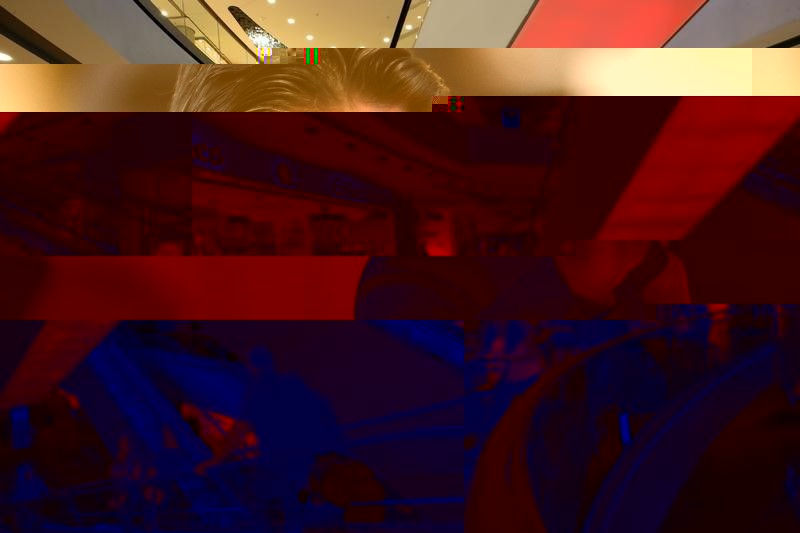By Tim Kelly
TOKYO (Reuters) - U.S. President-elect Donald Trump's meeting next week with Japanese Prime Minister Shinzo Abe may mark the start of talks to garner Japan's support for a push back against China's growing influence in Asia, a security adviser to Trump said.
Trump's campaign comments, including a demand Japan pay more for the upkeep of U.S. forces on its soil, have worried Tokyo about a rift in a security alliance with Washington, in the face of a rising China and a volatile North Korea, that has been the bedrock of its defense since World War Two.
A tougher stance against China, however, and a call for Japan to play a bigger security role through a Trump-Abe axis would however fit with Abe's hawkish policies that include allowing the military to operate more freely overseas.
Abe will meet Trump in New York on Thursday before going to the Asia-Pacific Economic Cooperation summit in Peru.
Trump was looking to Japan "to play a more active role in Asia", the adviser, who declined to be identified because he was not authorized to talk to the media, told Reuters.
Abe, he added, was "a uniquely placed figure to offer leadership in the alliance".
Senior U.S. Navy commanders have said they would welcome joint air and sea patrols with Japan's military in the disputed South China Sea, where the construction of island bases is extending Beijing's influence. Tokyo has balked at direct provocation of its neighbor, choosing instead to assist nations in the region with disputes with China, such as the Philippines.
Trump in his first 100 days in office would end budget sequestration that mandates spending, including cuts in military outlays, and submit a budget that would fund construction of dozens of new warships, the adviser said.
It would "send a message to Beijing as well as allies Japan and South Korea and other nations that the U.S. is intent on being in (Asia) for a long time", he said.
Trump on Thursday wants to allay any "unfounded" concerns Abe may have and affirm his commitment to their countries' security alliance, he added. "This is going to be a respectful conversation."
Potential friction between the two countries, however, exists over how much Tokyo pays for the deployment of U.S. forces in Japan. Japan says the funding it provides, which covers three quarters of the cost, is enough.
"We are bearing the burden for what we should bear," Japanese Minister of Defence Tomomi Inada told reporters in Tokyo on Friday, Kyodo news reported.
Abe knows little about Trump, and in New York is likely to want to begin building a relationship that could yield a common world view, a person who knows the prime minister said.

"He has proven to be able to get along with fairly edgy people," he said.